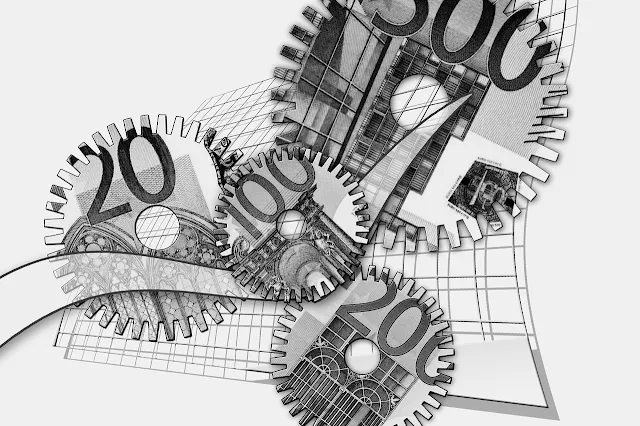In most cases, payments for a payday loan or net pay advance can be due within two weeks or even close to the next payday. However, before you decide to take a payday loan, it’s important to figure out how you intend to use the cash and make sure that you can afford to repay them. This page explains how payday loans work.
How payday loans work
Payday loans work differently from personal loans and other consumer loans. Depending on where you stay, you can apply and receive a payday loan online or through a store with a payday lender.Keep in mind that different states have laws related to payday loans. These laws include how much you’re allowed to borrow and the interest and fees a lender can charge you.
Regardless of the laws, when a payday loan is approved, you can receive a check, cash, or the money can be deposited directly into your bank account. But you need to pay back this money plus the finance fee by its due date, which is usually within two weeks or by the time you receive the next paycheck.
A payday loan has a finance charge that is usually based on the loan amount. Because these loans have short repayment terms, they attract a high APR. Despite the high cost, many people still prefer getting payday loans because they may have a few other financing options. Also, you may have no income or poor credit to prevent you from accessing traditional loans.
Above all, many people prefer payday loans as they are pretty easy to get. Most payday lenders demand few requirements for approval. You can even find some lenders who don’t do a credit check or even need you to have the means to pay back the loan. All that you need is the identification, a steady paycheck, and a bank account.
Repaying a payday loan
You need to repay a payday loan once you get the money, and a single payment is required by the next payday. Since lenders may have varying repayment terms, you should make sure to ask them for the specific due date.In many cases, lenders want you to repay the loan through a postdated check, online via the lender’s site, a check on the next payday, or a direct debit to the bank account.
If you fail to repay the payday loan when it’s due, the lender can either roll it over or electronically deduct the cash from your bank account. A rollover means that the lender holds the old loan balance to become a new loan and it becomes due to the next payday.
In this way, you can pay only the fees and the due date for the new loan balance is set to a future date. This allows you to have more time to repay the payday loan to fulfill the agreement.

